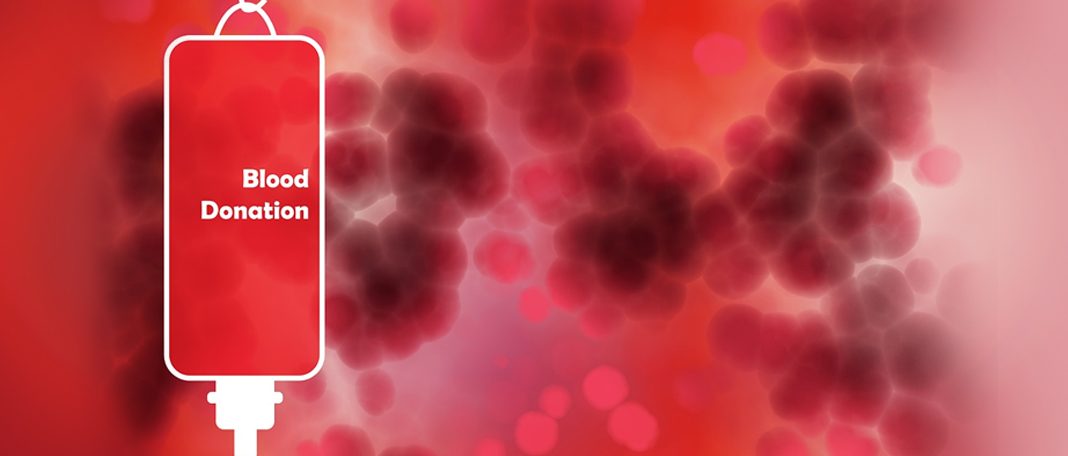Blood is essential for every human being. It not only delivers oxygen to all parts of the body, but also helps in fighting against various diseases. Nearly millions of people around the world die due to lack of blood. According to Cedars-Sinai Medical Center, they need 5000 units of blood every year.
There are many ways you can save someone’s life and blood donation tops the list. If you have decided to donate your blood, before you go please get to know in detail about blood donation rules and blood donation benefits.
Who Can Donate Blood?
Here are the requirements from the World Health Organization for a potential blood donor:
Age
- Anyone healthy, above the age of 18 and below 65
- Some countries allow 16 and 17 years to donate blood
- In some countries, regular donors above the age of 65 are allowed to donate blood, but at the discretion of a physician
Weight
Any healthy person who is 45kg or above can donate blood, but their hemoglobin should not be below 12.5 gms/ml.
Other Blood Donation Rules
- Men can donate blood once every 3 months, and women once every four months
- To donate blood, yourtemperature should be between 96.4 and 100.0 degrees F. Pulse rate should not be less than 50 beats per or more than100 beats per minute
- A woman can donate blood 6 months after delivery. Lactating mothers are not advised to donate blood, since breast milk comes from the mother’s blood, donating can affect the supply of breast milk
- A person who is diagnosed with malaria should not donate blood for at least 3 years
- You should not have taken cholera, typhoid, diphtheria, and plague shorts in the last 15 days before donating blood. Yes, you can donate blood after getting your COVID-19 shots
- You can’t donate blood if your tattoo is less than 6 months old. This rule applies to body piercings as well
- You have to wait for a month if you’ve undergone a major dental procedure
- HIV-positive people should not donate blood
Facts About Blood Donation
- Each unit of donated blood can be divided into four major components—platelets, plasma, red blood cells, and white blood cells. One unit of blood can save three lives!
- Nearly 118.5 million units of blood are collected globally
- The 4 main blood groups—A, B, AB, and 0—were discovered by Karl Landsteiner in 1901
- AB+ve person can receive blood from any blood group whereas O-ve person can donate blood to any blood group
- Platelets can be stored only for three days, and red blood cells must be used within 40 or 42 days
Benefits of Donating Blood
Apart from saving lives, donating blood can improves your physical and mental health by reducing stress and improving your emotional well being.
Donating blood on a regular basis is supposed to help you get rid of negative feelings by providing a sense of belonging.
From reducing the risk of heart diseases to burning calories, blood donation benefits are numerous. But above all, blood donation gives you the utmost satisfaction.

















